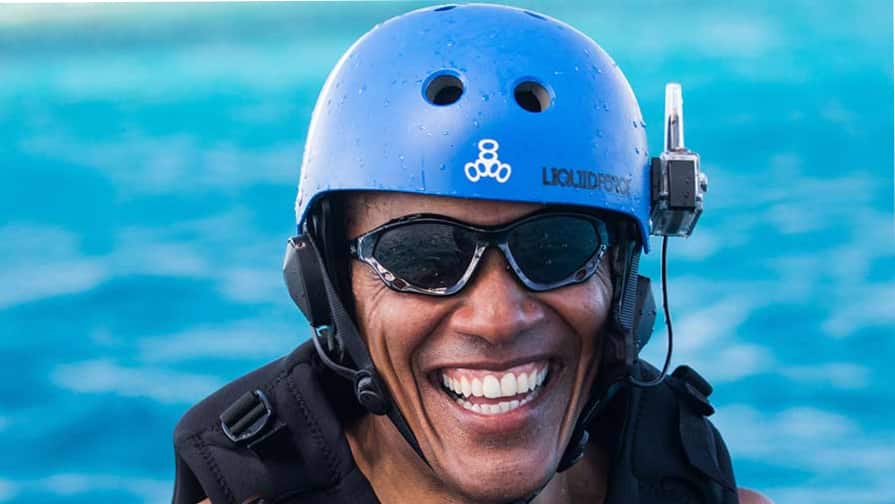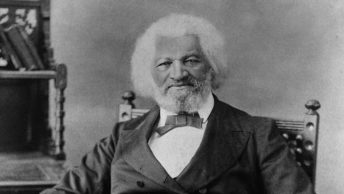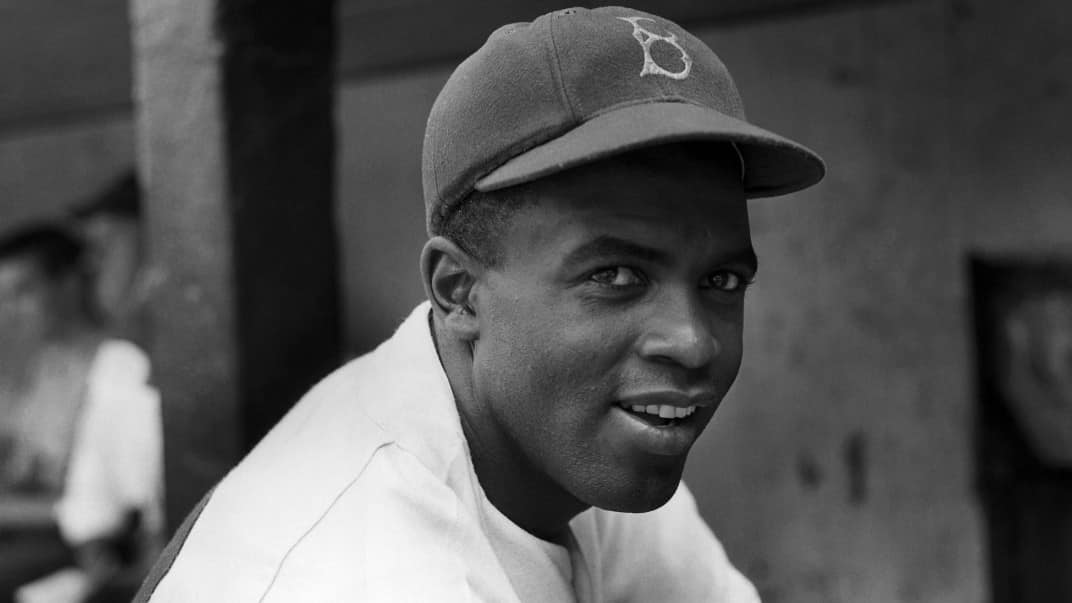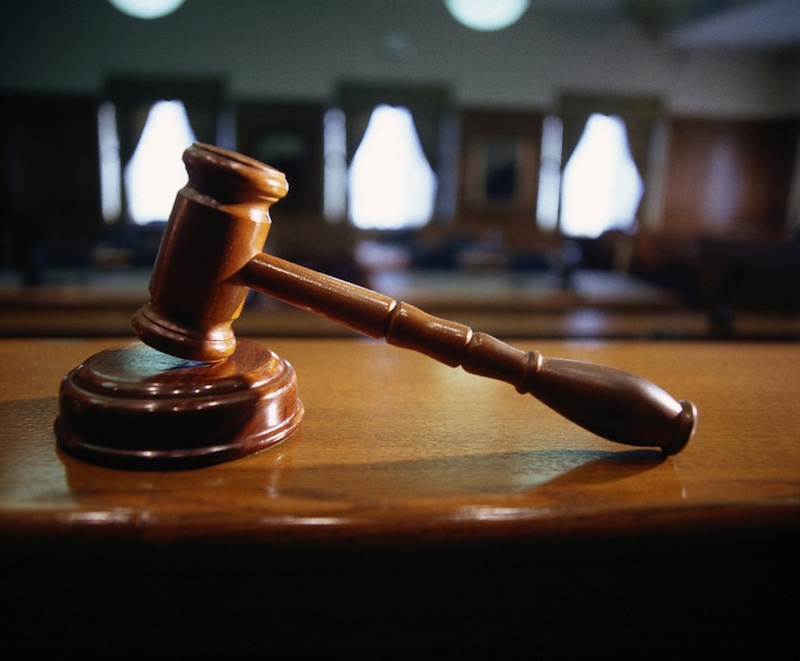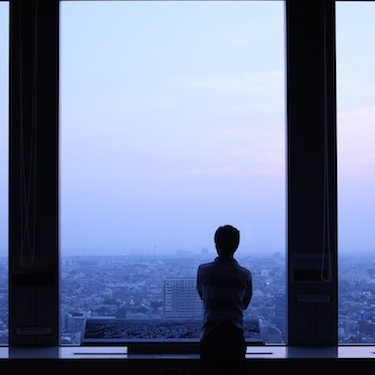When Barack Obama ran for the presidency in 2008, Americans were led to believe that he was a different black politician who was not bogged down by the prejudices of the past and a man who could bring all people together. During the campaign, Obama said that there was a not a white America, or a black America, or a Hispanic America. Instead, we were all one America. Obviously, many people drank the Kool-aid.
But it didn’t take long for the real Obama to emerge. During a July 22, 2009 press conference dealing solely with health care, the last question solicited Obama’s reaction to the arrest by Cambridge police of his black professor friend Henry Louis Gates, Jr. Obama told the press that he did not know all the details but still concluded that the police “acted stupidly.” The arresting officer, James Crowley, was white. Obama also added “ . . . there is a long history in this country of African-Americans and Latinos being stopped by law enforcement disproportionately.” In other words, Gates has a right to be angry because white racism is still a problem.
(An important side note: The last question at the above-mentioned press conference came from D.C. Bureau Chief Lynn Sweet, of the Chicago Sun-Times. Aside from covering political issues, she also writes a blog about Mrs. Obama.)
When several police unions criticized Obama’s characterization of the Cambridge police, he backed off, saying that he regretted his choice of words, and added, “My hope is that as a consequence of this event, this ends up being a teachable moment . . . where all of us–instead of pumping up the volume–spend a little more time listening to each other . . .”
Obama invited Gates and Crowley to the White House to sit down, have a couple of beers, and talk. After all, he was a new kind of black politician. A few days later the beer summit took place. Obama drew an optimistic conclusion: “Hopefully, instead of ginning up anger and hyperbole everybody can just spend a little bit of time with some self-reflection and recognizing that other people have different points of view.”
Choosing the right words, having a “teachable moment,” not “pumping up the volume” or “ginning up anger and hyperbole.” Sounds good. But when seventeen-year-old Trayvon Martin was killed by George Zimmerman in Sanford, Florida, Obama played the race card again.
On March 23, 2012, during a press conference dealing solely with Obamacare, the last question solicited Obama’s reaction to the shooting of Trayvon Martin. (For the record, the questioner was Lynn Sweet. How’s that for a coincidence?) Obama replied, “You know, if I had a son, he’d look like Trayvon.” Now such a statement has nothing to do with physical similarities. Instead, it is a message to the black community that what happened to Trayvon could happen to any of their children because white racism is still alive in America today. The New York Times reinforced the President’s point by describing George Zimmerman as a “white Hispanic,” a descriptor the Times had never used before.
(By the way, some credit is due to the White House speech writer. Less than two months earlier, Mrs. Obama, while attending the funeral of a Chicago fifteen-year-old girl, Hadiya Pendleton, gunned down by a gang banger, said, “Hadiya was me, and I was her.)
At almost the exact moment the President was “adopting” Trayvon, Al Sharpton was leading a demonstration in Sanford. Martin’s mother Sybrina Fulton told a crowd of 8,000, “Trayvon is my son. Trayvon is your son.” Is it just me, or does anyone else detect a pattern here?
Protestors in Sanford and in other cities demanded that Zimmerman be arrested and that he face trial for killing Trayvon. Enormous political pressure worked its magic, and Zimmerman was arrested and later stood trial for second-degree murder.
But here is where things went awry. A jury of six women found Zimmerman not guilty of the charges. The Left went berserk, condemning the jury, the Florida justice system, and racist white America.
Immediately after the verdict, the President declared that America is a nation of laws and that the jury had spoken. He encouraged people to control their passions and to honor Trayvon by asking each other if they have done all they can to stop gun violence and to prevent such tragedies from reoccurring.
Apparently, Obama’s moderate tone fell on deaf ears. The rage on the Left continued unabated, and so Obama had to do something. He had to play another card, and if you don’t know which card that would be, you haven’t been paying attention.
On July 19, Obama interrupted the White House press briefing to expand his thoughts about the Zimmerman verdict. He began by sending his and Michelle’s thoughts and prayers to Trayvon’s family. Apparently, the Zimmerman’s family is unworthy of prayers, for they were not mentioned.
The purpose of his lengthy statement, however, was to put into context why black America is reacting so strongly to the Zimmerman verdict. Unashamedly, he said, “You know, when Trayvon Martin was first shot I said this could have been my son. Another way of saying that is Trayvon Martin could have been me 35 years ago.” (Here we go again.) Translation: “When I was seventeen, I, like any black child, could have been killed by a white racist profiler.” In case the reader thinks I’m stretching the point, he concluded the paragraph by saying, “ . . . I think it’s important to recognize that the African American community is looking at this issue through a set of experiences and a history that doesn’t go away (italics mine).” In other words, no matter how much progress has been made regarding race relations in America in the past fifty years, it’s not enough. America is still a racist society.
From there Obama gave anecdotal evidence of black men being followed in a department store, of whites locking their car doors when black men approach, of women clutching their purses in fear when a black man enters the same elevator. He admitted that black men are disproportionately involved in the criminal justice system but explained it away by vaguely referring to a “violent past” and that poverty and dysfunction in the black community “can be traced to a very difficult history.” In other words, it’s not their fault.
And then Obama played his favorite card one more time: “ . . . if a white male teen was involved in the same kind of scenario, that, from top to bottom, both the outcome and the aftermath might have been different.”
At this point, Obama assumed his overbearing schoolmarm role and suggested ways that profiling can be reduced, that states can reconsider self-defense laws that might encourage lethal encounters, that we can find ways to “bolster and reinforce our African American boys,” and that Americans can do some soul-searching when it comes to race issues.
Obama concluded with his typical chutzpah: “And those of us in authority should be doing everything we can to encourage the better angels of our nature, as opposed to using these episodes to heighten divisions.” Such a statement would be laughable if it weren’t so serious. The President took an unfortunate situation, poured rhetorical gasoline all over it, watched the conflagration expand, and still continues to fan the flames. And all the while he acts as if he is above the fray. An arsonist would be envious.

